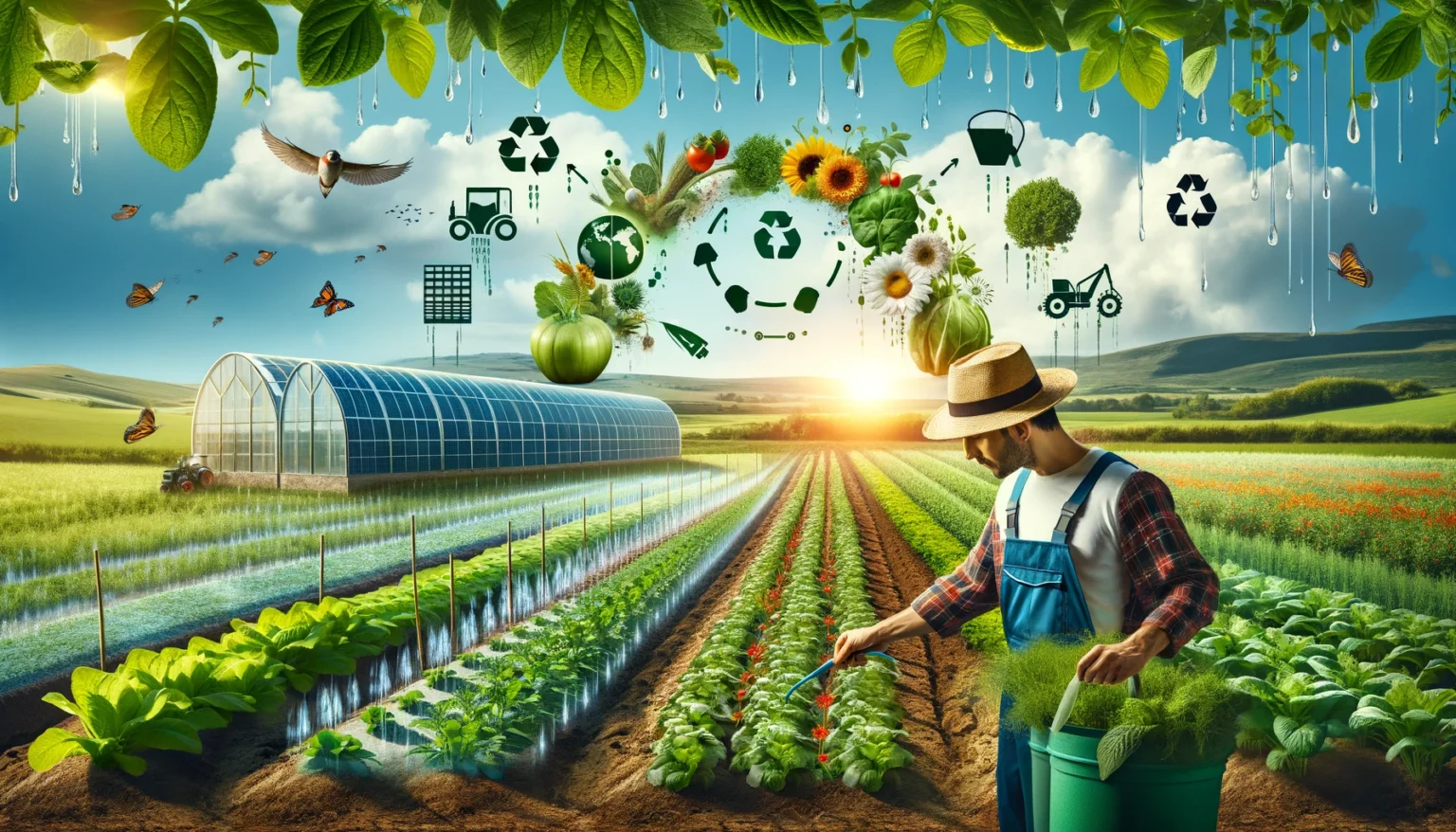Under the effects of climate change, Morocco is facing unprecedented water stress. To preserve its food and water security, the Kingdom is resolutely turning towards the exploitation of unconventional resources such as seawater desalination, the reuse of wastewater, and a redefinition of crops.
A strategic turning point embraced
After six consecutive years of rainfall deficit, the signals are alarming: reservoirs are struggling to fulfill their mission, aquifers are depleting, and agriculture – the main water-consuming sector – is faltering. To cope, Rabat has initiated a profound transformation of its water policy, with a massive investment of 143 billion dirhams as part of the National Drinking Water Supply and Irrigation Program.
This shift is based on a multi-source and sustainable approach, where alternative solutions are becoming essential. Desalination, long dismissed due to its energy costs, is experiencing a resurgence thanks to renewable energies.
Desalination, a new strong focus
Already, 15 stations are in operation, producing 192 million m³ per year, but the Kingdom aims higher: 1.7 billion m³ by 2030, accounting for 40% of the consumed drinking water. Casablanca will host the largest desalination unit in Africa, fully powered by solar and wind energy, with a capacity of 822,000 m³/day, of which 50 million m³ is reserved for agriculture.
However, experts urge caution: these technologies, as promising as they may be, are not enough. The solution lies in a rigorous water governance, targeted support for resource-efficient sectors, and a refocusing on the essentials: producing better, rather than more.
Changing crops to save water
Certain agricultural practices are now being scrutinized, starting with water-intensive crops like watermelon, avocado, or citrus fruits. Present in regions already affected by drought, watermelon is at the center of a national debate. Accused of depleting aquifers to supply European markets, it is now subject to restrictions in areas like Zagora or Tata.
For Najib Akesbi, an economist, “we need to adapt crop choices to the reality of available resources.” This involves not only a relocation of productions but also a reassessment of subsidies and agricultural priorities, to favor essential and low environmental impact sectors.
Towards a resource-efficient and smart agriculture
The challenge is immense, but Morocco has no choice. It is less about reform than about a structural transformation of the agricultural model: shifting from a logic of overconsumption to one of resilience, innovation, and sobriety. In this regard, the Moroccan agriculture of tomorrow must be more flexible, more responsible, and more in tune with natural constraints.
With FNH


